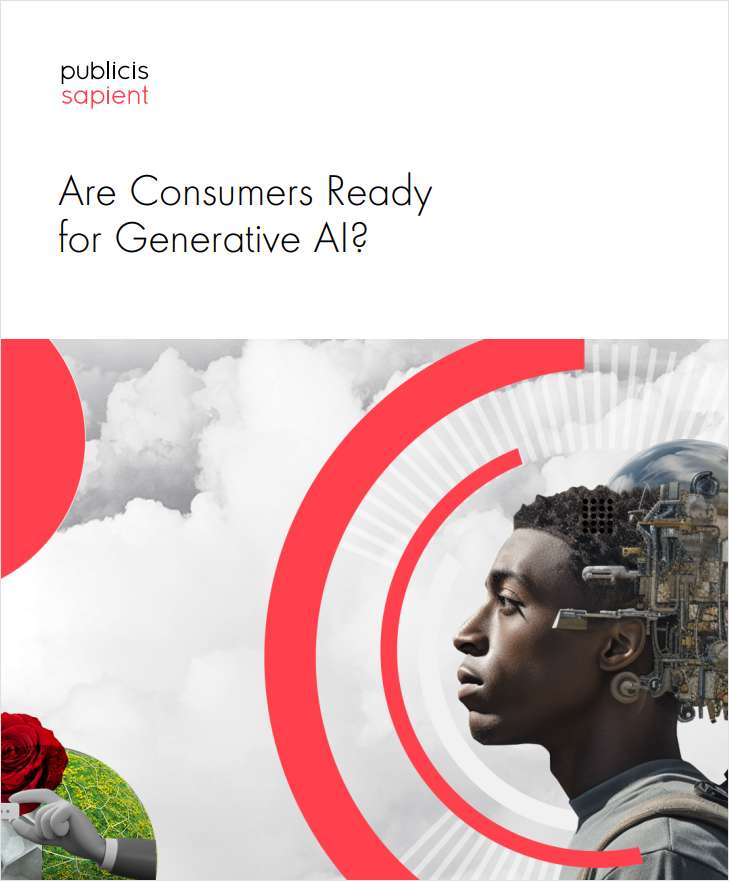March 6, 2023 — The European Innovation Council (EIC) has recently announced that it will award a Transition grant to SpiNNcloud Systems GmbH, a deep-tech startup based in Saxony, Germany. The team from SpiNNcloud, a spin-off from Professor Christian Mayr’s research group at Technische Universität Dresden, is receiving a grant of 2.5 million euros for […]
Human Brain Project’s EBRAINS Shares Laptop-to-Supercomputer Brain Simulator
EBRAINS, a new digital research infrastructure set up by the EU-funded Human Brain Project, has made available a brain simulation software, called NEST 3, for use in fields such as neuroscience and robotics. NEST 3 is designed to enable a better representation of entire populations of neurons and to optimize simulator performance. “NEST 3 boosts […]
Human Brain Project and EBRAINS: Call to Build Services for Sensitive Data
April 21, 2021 – The Human Brain Project and its research infrastructure EBRAINS are looking for partners to help them offer compliant data solutions to the scientific community. In a new call, institutions and companies can apply for funding of up to 1 million Euro to support this work. On Friday, May 7, 11:00 to […]
How Ceph powers exciting research with Open Source
“As researchers seek scalable, high performance methods for storing data, Ceph is a powerful technology that needs to be at the top of their list. Ceph is an open-source software-defined storage platform. While it’s not often in the spotlight, it’s working hard behind the scenes, playing a crucial role in enabling ambitious, world-renowned projects such as CERN’s particle physics research, Immunity Bio’s cancer research, The Human Brain Project, MeerKat radio telescope, and more.”
The Simulation of the Behavior of the Human Brain using CUDA
Pedro Valero-Lara from BSC gave this talk at the GPU Technology Conference. “The attendees can learn about how the behavior of Human Brain is simulated by using current computers, and the different challenges which the implementation has to deal with. We cover the main steps of the simulation and the methodologies behind this simulation. In particular we highlight and focus on those transformations and optimizations carried out to achieve a good performance on NVIDIA GPUs.”
Ceph on the Brain: Storage and Data-Movement Supporting the Human Brain Project
Adrian Tate from Cray and Stig Telfer from StackHPC gave this talk at the 2018 Swiss HPC Conference. “This talk will describe how Cray, StackHPC and the HBP co-designed a next-generation storage system based on Ceph, exploiting complex memory hierarchies and enabling next-generation mixed workload execution. We will describe the challenges, show performance data and detail the ways that a similar storage setup may be used in HPC systems of the future.”
HPC Connects: How Supercomputers Are Unraveling the Mystery of the Human Brain
In this video from SC17, Katrin Amunts from Jülich highlights how the massive European-based Human Brain Project (HBP), comprising a veritable orchestra of scientists, collaborates to deliver the most exquisitely detailed human brain models ever created. “We have to create an ‘atlas’ (of the brain) that has a very large size in terms and bits and bytes,” Amunts said.
Video: Introduction to High Performance Computing
Dr. Erwin Laure from the PDC Center for HPC in Sweden presented this talk at the 4th Human Brain Project School in Austria. The 4th HBP School offered a comprehensive program covering all aspects of software, hardware, simulation, databasing, robotics, machine learning and theory relevant to the HBP research program.
Video: Towards the Decoding of the Human Brain
Katrin Amunts from Jülich presented this keynote at the PASC17 conference. “The human brain has a multi-level organization and high complexity. New approaches are necessary to decode the brain with its 86 billion nerve cells, each with 10,000 connections. 3D Polarized Light Imaging, for example, elucidates the connectional architecture at the level of axons, while keeping the topography of the whole organ; it results in data sets of several petabytes per brain, which should be actively accessible while minimizing their transport. The Human Brain Project creates a cutting-edge HPC- and HPDA infrastructure to address such challenges including cloud-based collaboration and development platforms with databases, workflow systems, petabyte storage, and supercomputers.”
Katrin Amunts to Present on Decoding the Human Brain at PASC17
Today the PASC17 Conference announced Professor Katrin Amunts plenary presentation will be entitled, “Towards the Decoding of the Human Brain.” Regarded as one of the world’s foremost neuroscientists in the field of brain mapping, Dr. Amunts is director of the Cécile and Oskar Vogt Institute of Brain Research at the University of Düsseldorf, and director of the Institute of Neuroscience and Medicine at Forschungszentrum Jülich.








